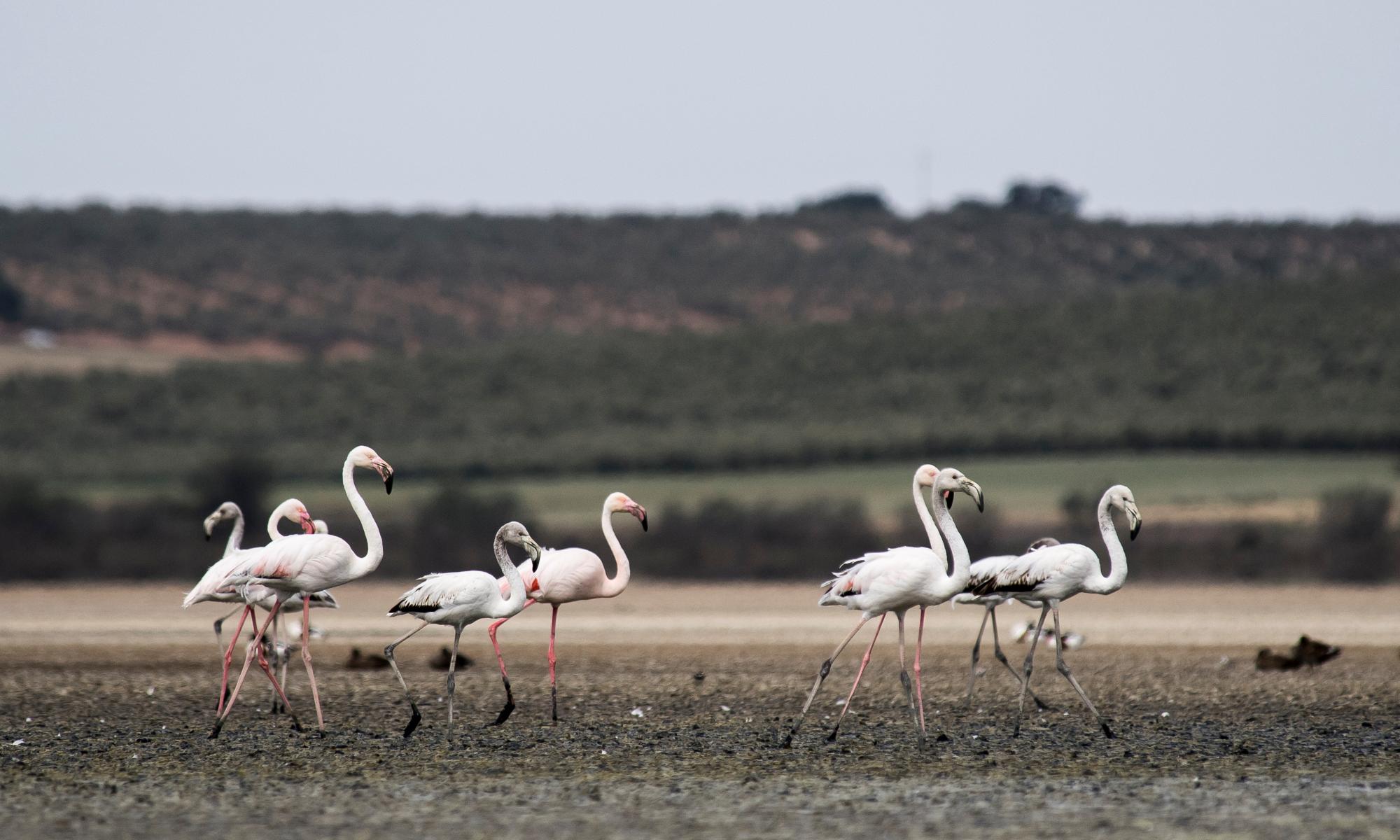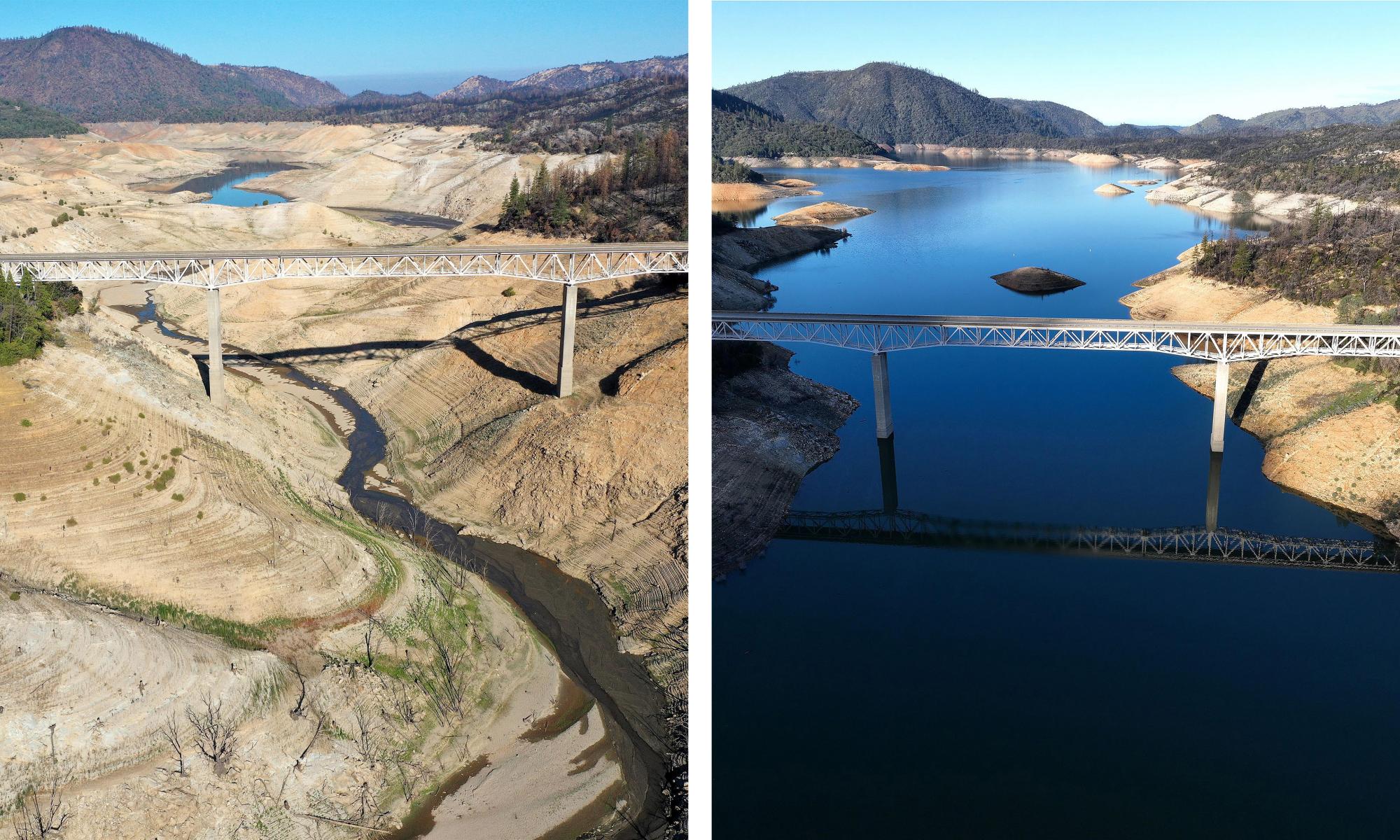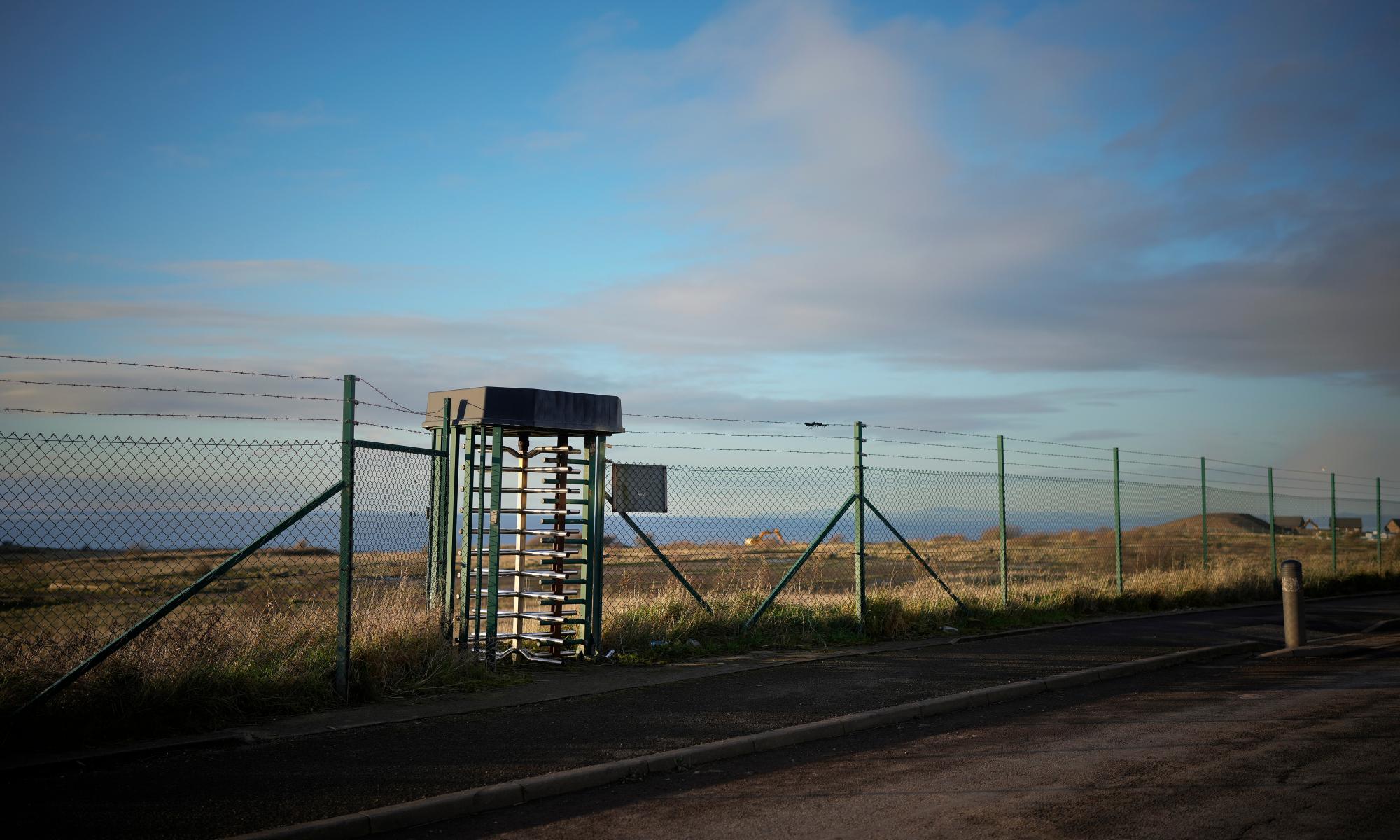Farming leaders in New Zealand have recommended that the government impose a price on agricultural greenhouse gas emissions for the first time, as the rural sector comes under significant political pressure over its disproportionate contribution to climate change.
The recommendation by He Waka Eke Noa, a partnership between farming leaders and the government, is likely to widen an emerging schism between agricultural representatives and grassroots farmers, who have taken to the streets in recent years to protest against the introduction of environmental regulations and criticise industry leaders for being too friendly with the government.
However, farming leaders felt they had little choice but to make the proposal. Jacinda Ardern’s centre-left government had legislated that if farmers did not come up with an emissions pricing system, agriculture – which generates over half of New Zealand’s industrial and household emissions – would automatically enter the country’s emissions trading scheme, from which it is currently exempt.
“We believe that would be disastrous and that’s what drove us to finding a better solution,” said Andrew Morrison, the chairman of Beef + Lamb NZ, which represents beef and lamb farmers.
“The old days of stomping our feet and saying, ‘This is how it’s gotta be and we don’t care what anyone in town thinks’? They’re long gone,” said Andrew Hoggard, the president of farmer advocacy group Federated Farmers, of his involvement in He Waka Eke Noa.
While the group did not propose a specific price for agricultural emissions, they emphasised that it should be “as low as possible”. In their modelling, they used an initial price of 11 cents per kilogram of methane and 0.4 cents per kilogram of carbon dioxide or nitrous oxide.
The group estimates that by 2030, these prices would reduce agricultural emissions of methane by approximately 4.5% and of nitrous oxide by approximately 3%. They say that when combined with existing climate policies these reductions will be sufficient for New Zealand to meet its statutory targets of a 10% cut in methane by 2030 and net zero nitrous oxide and carbon dioxide by 2050.
The proposal was met with derision from some climate advocates. “It’s pathetic,” says Mike Joy, a leading freshwater ecologist. “It’s not ambitious, it is a cop-out that just puts more pressure on the other sectors of society.”
But it comes as New Zealand’s once-powerful farming community begins to splinter. In March, Groundswell – an influential grassroots group of farmers – denounced Beef + Lamb NZ and Dairy NZ, both members of He Waka Eke Noa, as “pet lobby groups” for the government. Bryce Mckenzie, the co-founder of Groundswell, describes He Waka Eke Noa as “an attack on farming”.
Dr Hugh Campbell, a professor of sociology at the University of Otago, says that because of that internal political pressure, farming leaders “know where they have to go [on climate], but they see their role as slowing it down to the slowest possible uptake”.
The government has said it will decide by the end of the year whether to accept He Waka Eke Noa’s recommendation.


